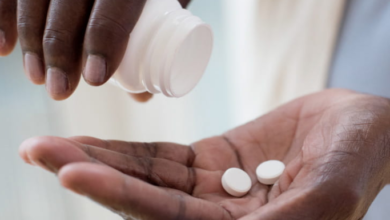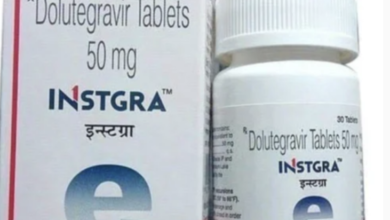Health Warning: Frozen Slushy Drinks Pose Toxicity Risk for Children Under Four, Experts Highlight Other Concerning Beverages”

Warning Issued on Toxicity: Children Under Four Urged to Avoid Frozen Slushy Drinks”Health authorities caution against giving frozen slushy drinks to children under four due to potential toxicity, as highlighted by recent cases of toddlers falling seriously ill after consuming these beverages.
Slushy Drinks
Two-year-old Angus and four-year-old Albie experienced alarming health issues, leading to hospitalization. The culprit was identified as glycerol, a key ingredient in slushy drinks, causing glycerol intoxication.
Glycerol, labeled as E422, helps maintain the right consistency in frozen drinks. While generally of low toxicity, concerns arise when young children consume large quantities over a short period. Health experts emphasize potential risks, such as headaches, nausea, fainting, or shock.
These incidents prompt a broader discussion on hidden dangers in popular children’s drinks. Nutritionist Amanda Ursell identifies other concerning beverages, assigning each a “toxicity” risk rating out of five:
Milkshakes (Risk Factor: 4): High sugar content in milkshakes poses a risk of weight gain and type 2 diabetes. Choosing plain milk or blending it with natural sweeteners like banana is a healthier alternative.
Fizzy Fruit Drinks (Risk Factor: 3): Sodium benzoate in some fizzy drinks may lead to cell damage, cirrhosis, and degenerative diseases like Parkinson’s.
Ribena (Risk Factor: 2): Aspartame, a controversial low-calorie sweetener, is present in sugar-free drinks like Ribena. While its cancer-causing effects remain debated, caution is advised, especially for individuals with specific genetic conditions.
Prime Energy (Risk Factor: 4): Excessive caffeine in Prime Energy drinks, popular among kids, raises concerns about symptoms ranging from headaches to insomnia and fatigue.
Cola (Risk Factor: 3): Phosphoric acid in colas erodes tooth enamel, making them a poor choice for children’s dental health.
Parents are urged to be mindful of the potential health risks associated with these popular children’s beverages and make informed choices to safeguard their children’s well-being.




